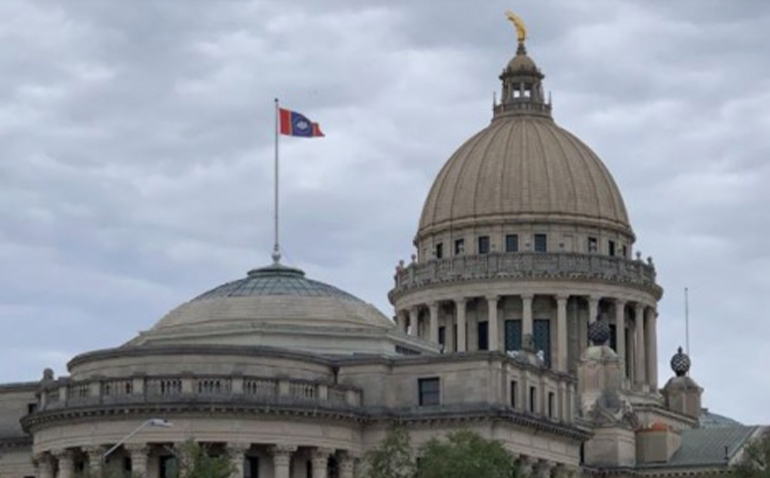
State Government Is Flush with Money
State Government Is Flush with Money
Mississippi’s General Fund tax revenues are expected to increase by nearly 10 percent next fiscal year, even with the federal COVID-related relief funds coming to an end.
The $6.5 billion General Fund, which is made up mostly of income and sales taxes, is commonly referred to as the state budget, though it is only about one-fourth of the total budget.
This year, the General Fund has a rare, large surplus that presents an opportunity for tax cuts (such as a possible elimination of the state’s income tax, [personal but not corporate]) or spending in sectors such as education or infrastructure.
This surplus began last fiscal year, when the General Fund took in $1 billion more than was budgeted. The fiscal good times for the state look to continue this fiscal year, which ends on June 30. According to the latest revenue report from January 31, the state’s tax intake so far is $363 million more than the same time period (July through January) last fiscal year, which is $667 million more than the current budget was based on.
If it continues on the same trajectory through June 30, revenue this year will again exceed spending by $1 billion.
It should be noted that the surplus in the General Fund does not include the massive infusion of funds from the federal government to address the COVID-19 pandemic. Those funds are accounted for separately. However, the eye-popping increase in General Fund tax revenue is due, in part, to the spending (and the associated taxes) that resulted from the receipt of those funds.
It should also be noted that those “federal” funds are not free. They come at a steep price to current and future taxpayers, as the trillions spent ostensibly for COVID relief were borrowed, thus driving inflation for the current generation and requiring eventual repayment by future ones.
The General Fund is a relatively small part of the pie when it comes to state spending. In the not-too-distant past, the General Fund comprised about one-third of the state budget, another one-third came from “special funds,” and another one-third from “federal funds.” (Special funds include the gasoline tax; tuition and fees paid by students at universities and patients at University Medical Center; and licensure fees charged by a long list of regulatory agencies.)
Now, federal funds make up just under half of the state’s $23 billion total budget, with the General Fund and Special Funds splitting the remainder fairly evenly. Of the $11 billion in federal funds, $7 billion is for the federal match for Medicaid and other welfare programs. Another $2.1 billion is for schools and colleges, $570 million is for roads and bridges, $556 million is for emergency management and other public safety agencies, and $500 million is for the health department and conservation, among others.
According to Joint Legislative Budget Committee (JLBC), there is $4.4 billion in unallocated funds, some of which will remain in the bank and some of which will be appropriated by the Legislature this year. These include:
- $1.8 billion in federal COVID-19 relief funds to be allocated by the Legislature. This does not include funds that went to local governments or those that went directly to state agencies such as the Department of Health, Department of Education, the Emergency Management Agency, and others.
- $1.1 billion in the Capital Expense Fund, which is a sort of savings/slush fund for the Legislature to allocate for projects.
- $556 million in the Working Cash Stabilization Reserve Fund (better known as the rainy day fund) and another $130 million to be deposited into that fund this year.
- $538 million in surplus General Fund revenues.
- $199.3 million in the Education Enhancement Fund, which is funded by a dedicated portion of sales tax revenues.
- $100 million in smaller funds.
The Legislature is now in the process of appropriating funds to state agencies, and there are competing proposals for cutting or eliminating income taxes. Decisions on all these matters will be finalized before the legislative session adjourns at the end of March.
Sign up for BPF’s latest news here.
